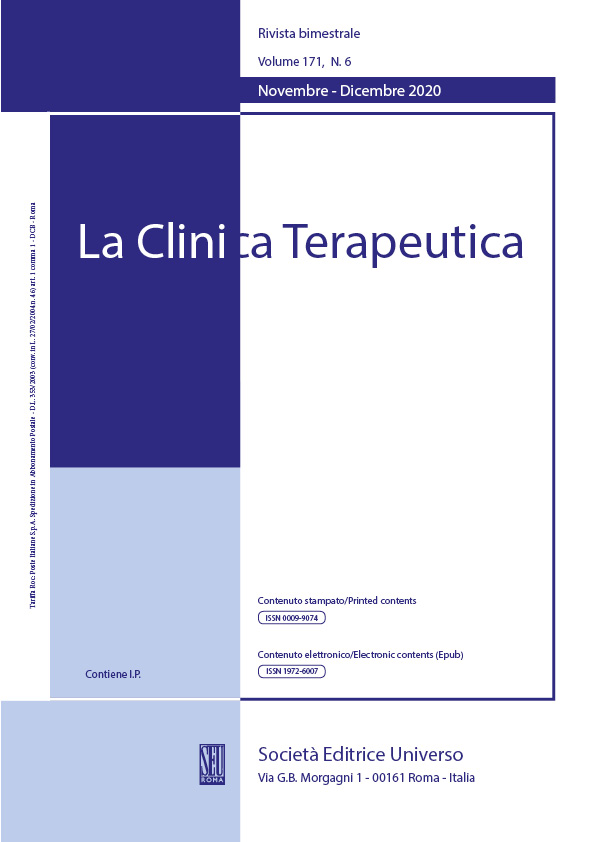Abstract
Objective
To evaluate the possible associations between serum endocan levels and endometriosis.
Study Design
A total of 60 women with histologically proven endometriosis and 40 women who underwent laparoscopy due to unexplained infertility without endometriosis were evaluated in a case-control study. Serum endocan, CA125, CA19.9, and CA15.3 levels were measured. Demographic, clinical, and laboratory parameters were compared.
Results
There was no significant difference between the groups regarding age, body-mass-index, parity, and serum CRP and WBC levels. Serum endocan (p<0.001), CA125 (p<0.001), CA19.9 (p=0.022) and CA15.3 (p=0.013) levels were significantly higher in the endometriosis group compared to the control group. The correlation analysis showed that serum endocan level was positively correlated with the stage of the disease, CRP, and WBC, but not with remaining parameters, age, BMI, dysmenorrhea score, CA125, CA19.9, and CA15.3.
Serum CA125 can predict endometriosis (Cut off=26.2 IU/mL, AUC=0.955) with a sensitivity of 89% and specificity of 88%. Serum endocan can predict endometriosis (Cut off=454 ng/mL AUC=0.749) with a 93% sensitivity and 61% specificity.
Conclusion
The serum endocan levels were significantly elevated in women with endometriosis compared to the control group. Serum endocan can predict endometriosis with a sensitivity of 93% and specificity of 61%
